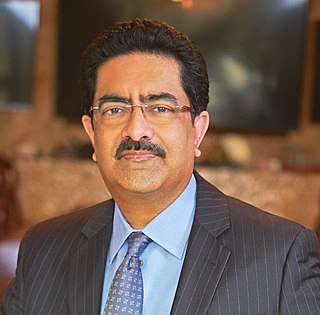A Quote by Paul Krugman
Our grandfathers lived in a world of largely self-sufficient, inward-looking national economies - but our great-great grandfathers lived, as we do, in a world of large-scale international trade and investment, a world destroyed by nationalism.
Related Quotes
Our children are exposed to 10, 20, 30 times the number of words that our great-grandfathers were exposed to. We're exposed in a single day or two to more horror on our Internet Web pages than our great-grandfathers were exposed to in decades of living. We have not created modern minds for that modern world. Science and technology has just dumped it on us. And I think people yearn for it. I think you see it in what's popular. Why are people wanting to learn about meditation and talking about a purpose-driven life? It's because they know more is needed in the modern world.
In a way, being born is a sort of ecological contagion. When you have longevity of family, we remember our grandfathers and maybe our great-grandfathers. We somehow don't have the capacity in modern life to remember further than that. All of the ramifications of their lives have an effect on us, and we're not aware of it.
We are constantly trying to cope with what our fathers or our grandfathers did. I wrote the book 'Great War of Civilization,' and my father was a solider in the First World War which produced the current Middle East - not that he had much to do with that - but he fought in what he believed was the Great War for Civilization.
Both of my grandfathers fought in the Second World War, and my great-grandfather died at the Somme in the First World War. I never truly believed that the War just finished and everyone was happy-clappy, brought out the bunting, and felt everything was okay again. That's definitely not my impression of the fall-out of war.
It is time to fill the world with strong and powerful deeds. It is common knowledge that no great captain in the world has ever destroyed all of his enemies and lived with a sense of satisfaction. If one enemy is killed, two more will appear. It is important we cultivate love and compassion to all the sentient beings which is the way to bring peace to all.
Our fathers and grandfathers who poured over the Midwest were self-reliant, rugged, God-fearing people of indomitable courage...They asked only for freedom of opportunity and equal chance. In these conceptions lies the real basis of American democracy. They and their fathers give a genius to American institutions that distinguished our people from any other in the world.
Our great civilization, here in America and across the civilized world has come upon a moment of reckoning. We've seen it in the United Kingdom, where they voted to liberate themselves from global government and global trade deal, and global immigration deals that have destroyed their sovereignty and have destroyed many of those nations.
Cavendish was a great Man with extraordinary singularities-His voice was squeaking his manner nervous He was afraid of strangers & seemed when embarrassed to articulate with difficulty-He wore the costume of our grandfathers. Was enormously rich but made no use of his wealth... He Cavendish lived latterly the life of a solitary, came to the Club dinner & to the Royal Society: but received nobody at his home. He was acute sagacious & profound & I think the most accomplished British Philosopher of his time.





































